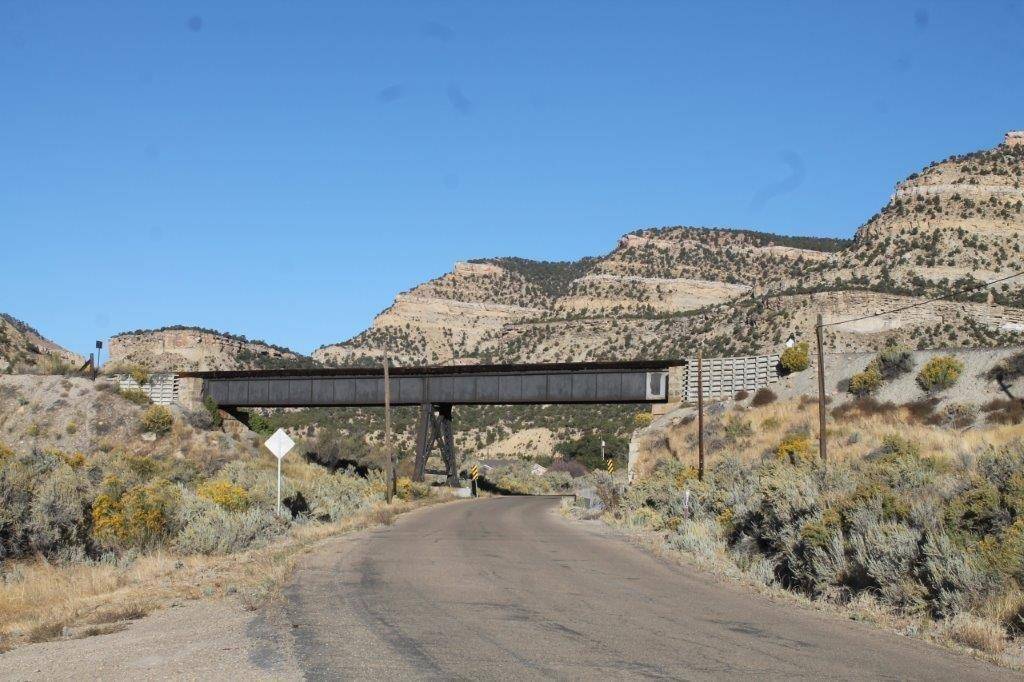Colter Wilson, former resident of Carbon County, is the owner and host of the Prototype Podcast. He recently released an episode of the podcast where he speaks on the Spring Canyon coal camps.
Wilson’s grandfather was Fiore Callor and following his funeral, his mother delivered a chest to him with many of Callor’s belongings. In the chest, Wilson discovered a VHS tape of Callor and Frank Latuda, who owned Liberty Fuel Company in Latuda. On the VHS, they journey through the old coal camps and speak on who lived there, how the mines functioned and more.
Using the information from this tape, Wilson created the audio documentary podcast about mining, unions and the camps, also interviewing his mother and Mike Dalpaiz. Wilson felt now was a great time to speak on coal energy and how it affects not only the livelihood of a small town, but the United States as a whole.
Through phone calls and information retrieved from the VHS, Wilson created a history of the camps. When speaking with his mother, Wilson learned of a time when people were always served something to eat when visiting one another. An aunt and uncle that lived in one of the coal camps would travel to a fill station for water, as the Spring Canyon water was not suitable for drinking.
Wilson’s mother also remarked that Helper Junior High was likely one of the last buildings in the city that converted from coal to gas when that conversion began. Following the brief background of history, Wilson dove into his own personal history with Spring Canyon.
Wilson moved from Kenilworth to the mouth of Spring Canyon when he was three. As kids, they used to play in what was called “the wash,” which was a small creek that was fed from the spring up in the canyon. Also growing up, they would often traverse to the old coal camps and ruins, stating that it was a part of daily life.
Wilson moved away from the area in the mid-90s, though a couple of years later he was pulled back to the canyon. He received news that one of his childhood friends was rock climbing with family and somehow was repelling with a bad knot that slipped, resulting in his death. When he returned, it was the first time Wilson and his childhood friends had to carry a friend to his grave.
“It was a real poignant moment in my life,” Wilson stated, also sharing that he remembered the officer that tried to wrangle them as adolescents also attending the funeral. With this sentiment, he stated that the canyon has affected his life and the lives of countless others.
From there, Wilson moved to the shift in different forms of energy and how that affected the miners and the future of coal mining, as well as union organization efforts and how they grew. Wilson stated that often, there are debates about roles of radicals in history, but it is worth knowing that the people that were gravitating toward such politics were idealistic.
Wilson also spoke with his mother on mining accidents, with her stating that when there was one, it affected the entire community. Wilson’s podcast dove deeper into the history of the union and its affect on miners as a whole, also highlighting the Miner’s Memorial that is located in Price.
The full podcast may be listened to here. The Miner’s Memorial may be viewed at 2nd North and 100 East in Price and even more information on the history of mining and the old coal camps may be found in abundance at the Western Mining and Railroad Museum, which is located on Helper’s Main Street.

